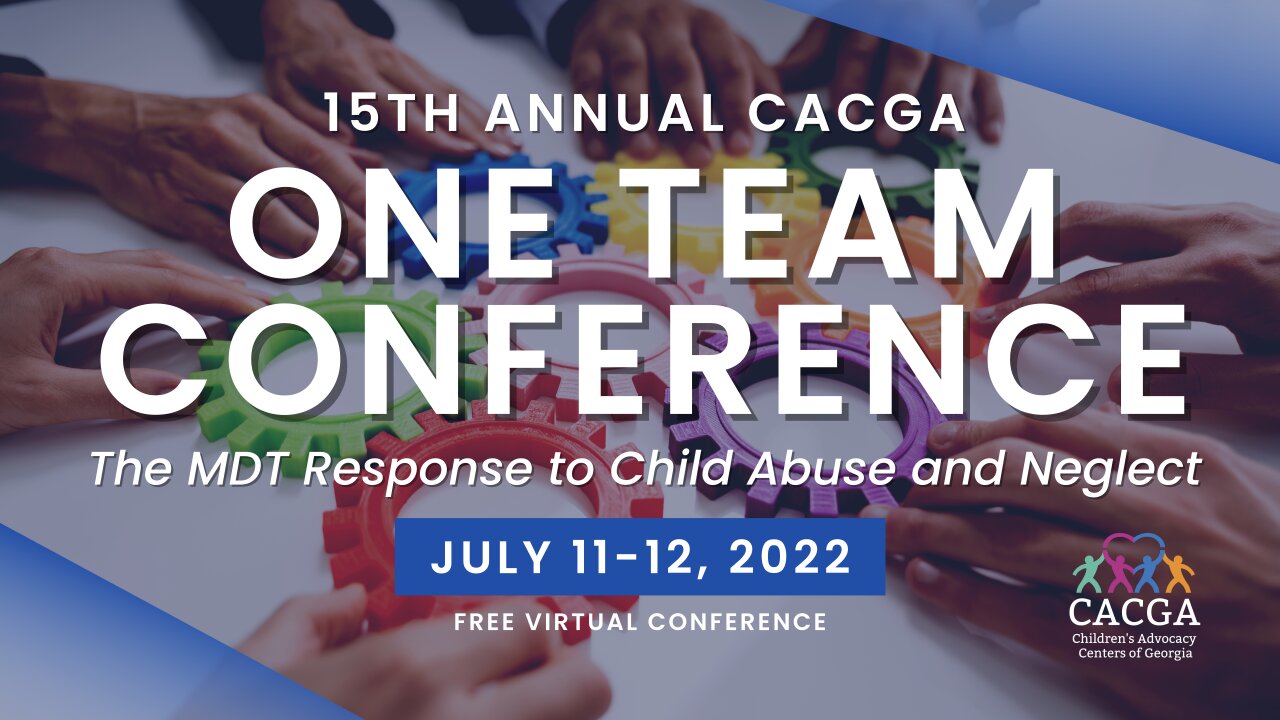The Power Of The One Team Conference

The concept of a "one team conference" transcends traditional gatherings; it embodies a philosophy of collaboration, unity, and shared purpose. In today's fast-paced world, organizations are recognizing the importance of bringing together diverse voices to foster creativity and problem-solving. Such conferences serve as a platform to align teams, share insights, and strategize for the future. The essence of a one team conference lies in its ability to break down silos and encourage open communication among all participants.
At a time when remote work has become the norm for many, the one team conference offers a unique opportunity to reconnect employees, build relationships, and reinforce company culture. It is not just about the agenda; it’s about creating an environment where every voice matters. The success of a one team conference hinges on thoughtful planning, engaging content, and interactive formats that stimulate participation from all attendees.
As organizations continue to evolve, the need for cohesive teamwork becomes increasingly critical. A well-executed one team conference can lead to enhanced collaboration, improved morale, and a stronger commitment to shared goals. Whether held in-person or virtually, these conferences are pivotal in shaping the future of teams within organizations, making them essential in today's business landscape.
What is the Purpose of a One Team Conference?
The primary purpose of a one team conference is to unify members of an organization around common goals and objectives. By bringing together different teams and departments, the conference fosters collaboration and encourages the sharing of ideas and best practices. This collaborative environment is crucial for driving innovation and ensuring that all team members are aligned in their efforts.
How Can a One Team Conference Enhance Team Collaboration?
A one team conference enhances collaboration by providing a platform for open dialogue and interactive sessions. Participants can engage in workshops, breakout discussions, and networking opportunities that allow them to express their thoughts and insights. The result is a more cohesive team that understands each other's strengths and challenges, leading to improved teamwork.
What Are the Key Elements of a Successful One Team Conference?
- Clear Objectives: Define what you want to achieve with the conference.
- Engaging Content: Incorporate speakers and sessions that resonate with participants.
- Interactive Formats: Use workshops and discussions to encourage participation.
- Follow-Up: Plan for post-conference actions to maintain momentum.
Who Should Attend a One Team Conference?
A one team conference should ideally include all levels of an organization, from executives to front-line employees. This inclusivity ensures that a diverse range of perspectives is represented, enriching the discussions and outcomes of the conference. Engaging employees from various departments fosters a sense of belonging and commitment to the organization's mission.
What Topics are Typically Covered in a One Team Conference?
Topics at a one team conference can vary widely depending on the organization's needs but often include:
What Are the Benefits of Attending a One Team Conference?
Attending a one team conference offers numerous benefits, including:
- Networking Opportunities: Building connections with colleagues.
- Skill Development: Learning from industry experts and peers.
- Increased Engagement: Feeling more connected to the organization.
- Enhanced Communication: Breaking down barriers between departments.
How to Prepare for a One Team Conference?
Preparation is key to maximizing the experience of a one team conference. Participants should:
What are the Challenges of Organizing a One Team Conference?
While a one team conference can be incredibly beneficial, it also comes with challenges, such as:
- Logistics: Coordinating schedules, locations, and resources.
- Engagement: Ensuring all attendees are actively participating.
- Content Relevance: Selecting topics that resonate with diverse audiences.
- Follow-Through: Maintaining the momentum post-conference.
Conclusion: The Lasting Impact of a One Team Conference
In conclusion, a one team conference is not just an event; it is a transformative experience that can significantly impact an organization’s culture and performance. By fostering collaboration and open communication, these conferences build stronger teams equipped to tackle challenges and drive success. As organizations continue to navigate the complexities of the modern world, the importance of unity and teamwork cannot be overstated.
ncG1vNJzZmirn521b6%2FOpmasp5idu6bD0qCcq7FmZLyvsYytnJqlXZi8r7LEq5ynm5VjtbW5yw%3D%3D